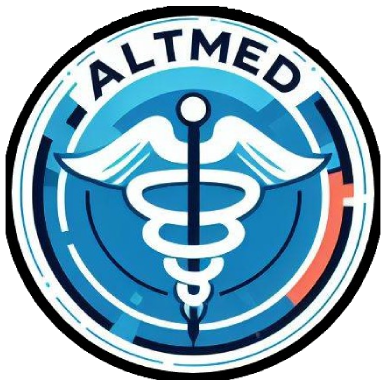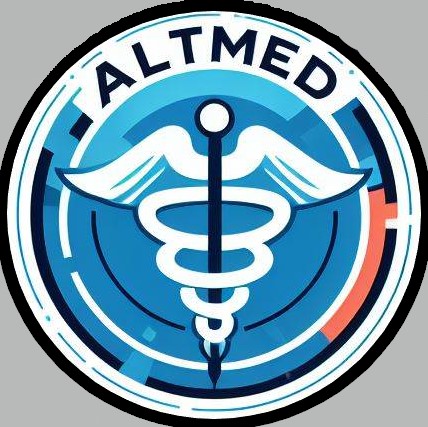Introduction:
The 2017 consensus statement by the APA Council of Research Task Force on Novel Biomarkers and Treatments, led by Sanacora et al., explores ketamine as a novel intervention for treatment-resistant mood disorders. This document, published in JAMA Psychiatry, evaluates the efficacy, safety, and clinical use of ketamine based on current evidence.
Key Points:
- Mechanism of Action: Ketamine modulates the glutamatergic system, specifically NMDA receptors, with downstream effects that enhance synaptic plasticity. This offers rapid antidepressant effects distinct from serotonergic pathways targeted by SSRIs.
- Indications: Recommended primarily for treatment-resistant depression (TRD) and acute suicidality in carefully selected patients. The report emphasizes ketamine as an adjunct to comprehensive psychiatric care.
- Administration and Monitoring: Intravenous ketamine at sub-anesthetic doses (e.g., 0.5 mg/kg over 40 minutes) is the standard protocol, necessitating skilled supervision to monitor for side effects like dissociation, transient hypertension, or misuse potential.
- Clinical Evidence: Robust, controlled studies indicate significant short-term efficacy, but long-term safety and relapse prevention strategies remain areas for further research.
- Ethical Considerations: The report underscores informed consent, thorough risk-benefit analysis, and the importance of restricting use to controlled settings.
The VitalPoint for Providers:
Ketamine represents a promising addition to the armamentarium for TRD and acute suicidality, offering rapid symptom alleviation in critical cases. Providers should weigh its potential benefits against its risks and ensure its use aligns with evidence-based protocols and patient-specific considerations.
Learn More:
- Access the full consensus statement: https://doi.org/10.1001/jamapsychiatry.2017.0080
- APA guidelines on treatment-resistant depression: https://psychiatry.org
Depression Hypertension Mood Disorder Provider Research

